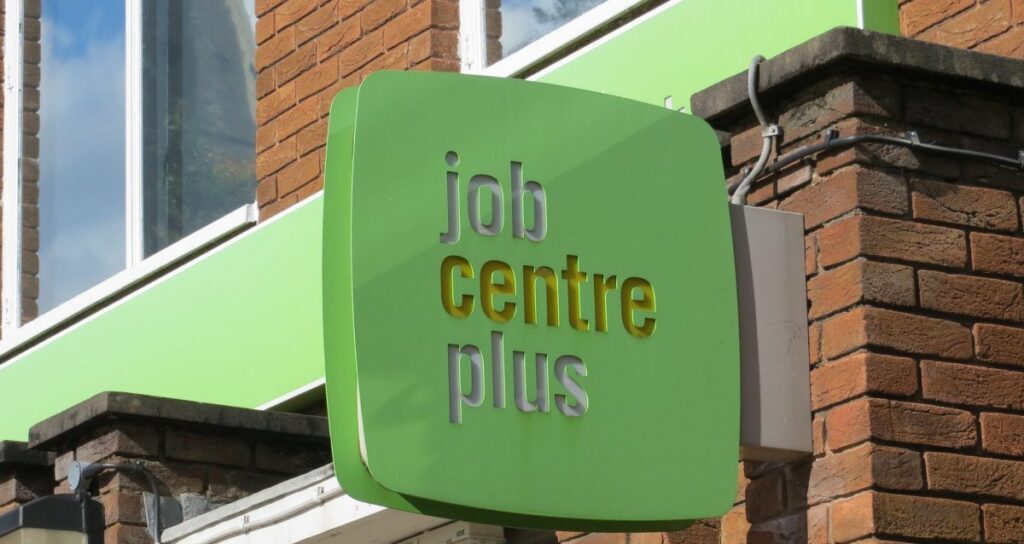With work-related illness on the rise, the government must focus on making jobs healthier and more inclusive, writes the Fabian Society’s Sasjkia Otto.
Sasjkia Otto is a Senior Researcher for the Fabian Society.
Inactivity and work-related illness cost the UK billions every year. Ten per cent of
working-age people now receive disability benefits – up from seven per cent before
the pandemic. That means 4 million people are receiving either in-work or out-of-
work support. And the government forecasts that millions more could claim by the
end of the decade.
A 10 per cent reduction in people off sick could save the taxpayer £10 billion per
year through increased tax receipts and reduced spend on benefits and the NHS.
The government has tightened access to disability benefits as a response.
Mental health has been a significant driver of these increases, which has helped fuel
commentators weighing in and pointing the finger at the individuals behind these
figures. Nigel Farage laments that we are “creating a class of victims in Britain”.
Meanwhile, the Telegraph calls the government’s recent clampdown on disability
benefits “half measures [that] will never free the workers from the shirkers”.
Even on the left, some suggest that to win the next election, we must appeal to these views.
Others say further cuts are inevitable if we want to balance the books.
But these arguments distract from evidence-based solutions that could appeal to
voters across the political spectrum – namely making work healthy and inclusive.
The truth is, many people are out of work because the jobs available simply aren’t
good for their health. Indeed, working conditions are increasingly harming people’s
mental health.
This is neatly illustrated by how increases in the disability benefits
caseload have been mirrored by increases in the rates of stress, depression and
anxiety that people report has been caused, or made worse by, work.
Contrary HSE statistics show that, between 2021 and 2023, workers reported 1.8
million new illnesses caused or made worse by work. This means work-related
illnesses are 13 times more common than car accidents in the UK.
On average, such an illness costs a worker £12,000 in lost quality-of-life, income and medical
expenses – accounting for 58 per cent of the total cost to society.
This leaves many stuck between a rock and a hard place – facing either unhealthy work or an austere
benefits system.
Improving workplace health could be an efficient and cost-effective way to intervene.
The Fabian Society surveyed over 50s, who make up about half of the UK’s
economically inactive population.
We found that flexible and low-stress conditions were the top factors that could help people return to work. But, crucially, they could also help stop people from falling into inactivity, by which point many face a steep journey back to work.
But there is currently a major gap in government support. Employers often shoulder
significant responsibility for addressing complex problems, but have limited support
to do so.
Meanwhile, health professionals can only diagnose, medicate and sign people off
work. While these interventions can offer gateways to vital support, they often fail to
get to the heart of the problem – namely how people are supported at work and in
other areas of their life.
The government is taking important steps in linking healthcare and employment
support for people out of work.
But this integration is also important for people in work. This is why the Make Work Pay agenda to improve rights at work is crucial. It is also welcome that the government has commissioned review on how employers could be supported to make work healthier and more inclusive, led by Sir Charlie
Mayfield.
Now, progressives must step to ensure the opportunity presented by these initiatives is realised.
This could prove popular with both voters and employers. Recent IPPR research found that 71% of people think employers should be required to meet workplace health standards.
This includes more than 80% of 2024 Labour voters who would consider switching to Reform, and a similar proportion of 2019 Conservative voters who switched to Labour.
Employers also stand to gain because, while 86% of organisations undertake often expensive health and wellbeing activities, 57% of these are unable to report results – reflecting the lack of support they receive to intervene effectively.
82 years ago, the Beveridge Report envisioned that healthy work would form part of the fabric that guaranteed a good life in the UK, through a workplace health infrastructure that included a “factory medical service”.
However, our institutions, and the world of work, have changed immeasurably since. Work is now far less physically dangerous.
But we must acknowledge that the workplace health challenge has changed, not gone away. As the nature of work has changed, it has become much more damaging to our mental health. Gaps in support have opened up, and further change on the horizon create an uncertain future.
We must now revisit the question of what a national workplace health infrastructure for the UK should look like.
And how employers, health professionals and workers can work together to help people thrive in work that is good for them. Our economy and public services depend on it.
Photo credit: Creative Commons / Helen Cobain
Left Foot Forward doesn’t have the backing of big business or billionaires. We rely on the kind and generous support of ordinary people like you.
You can support hard-hitting journalism that holds the right to account, provides a forum for debate among progressives, and covers the stories the rest of the media ignore. Donate today.




